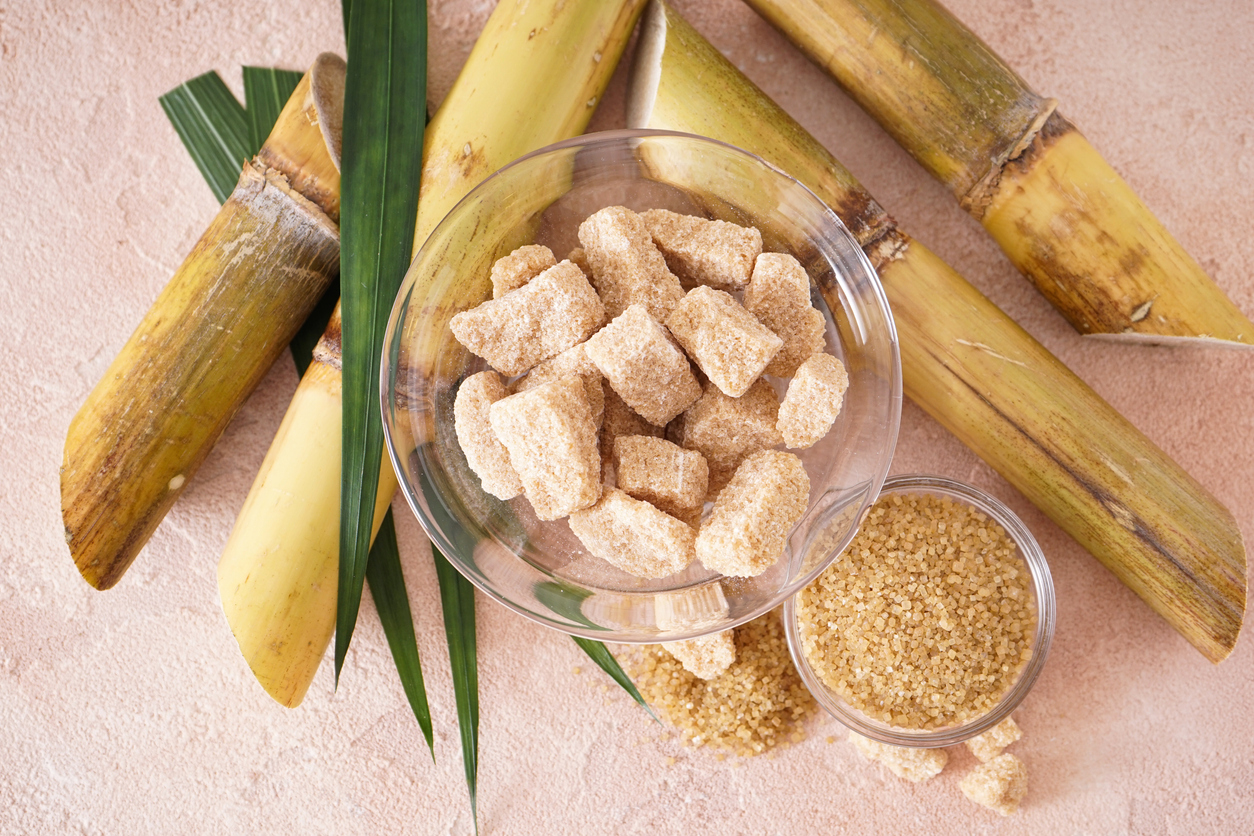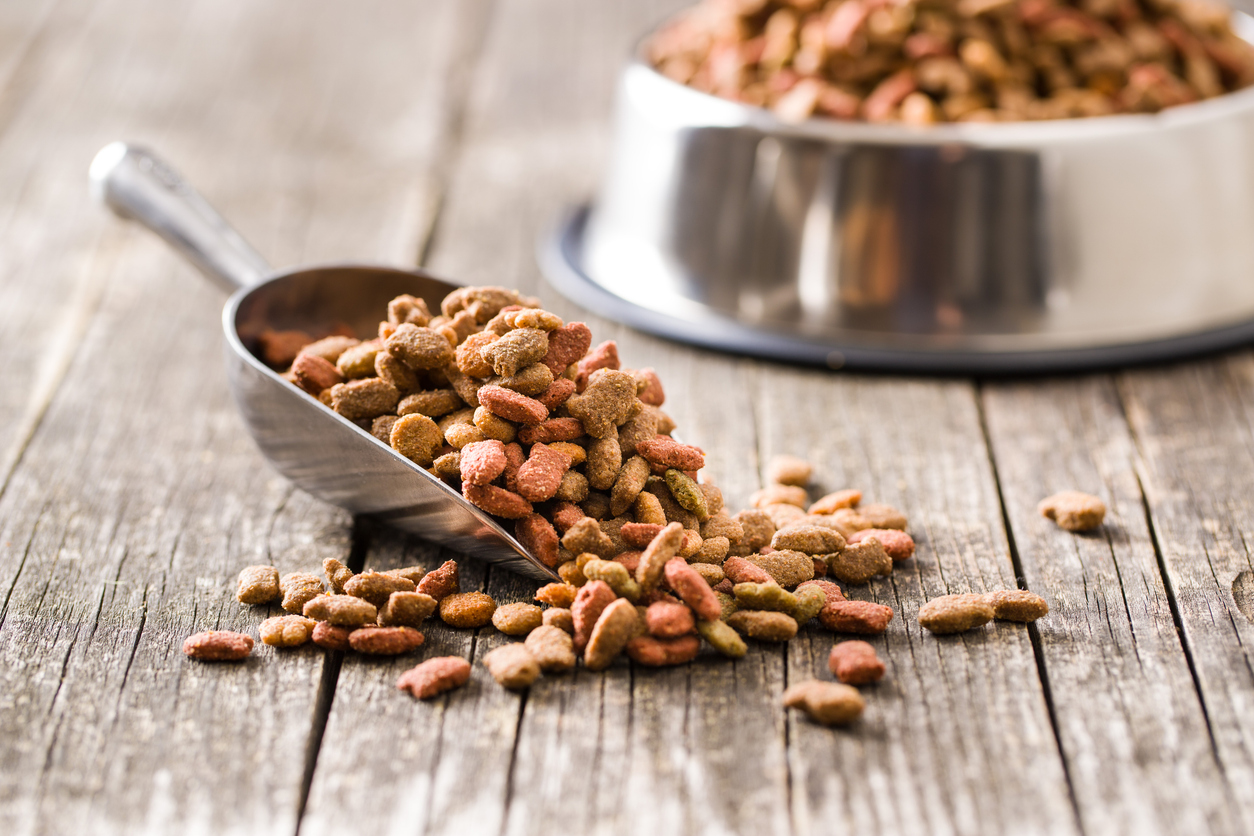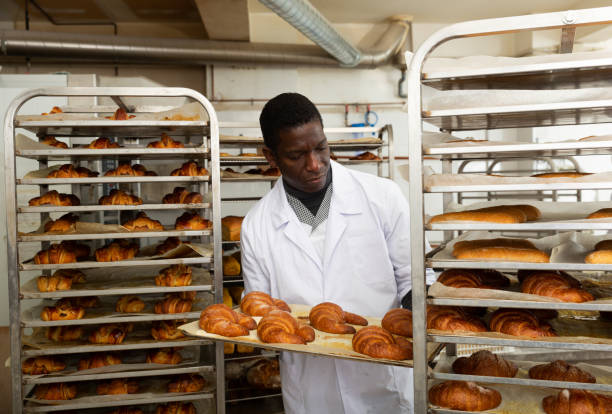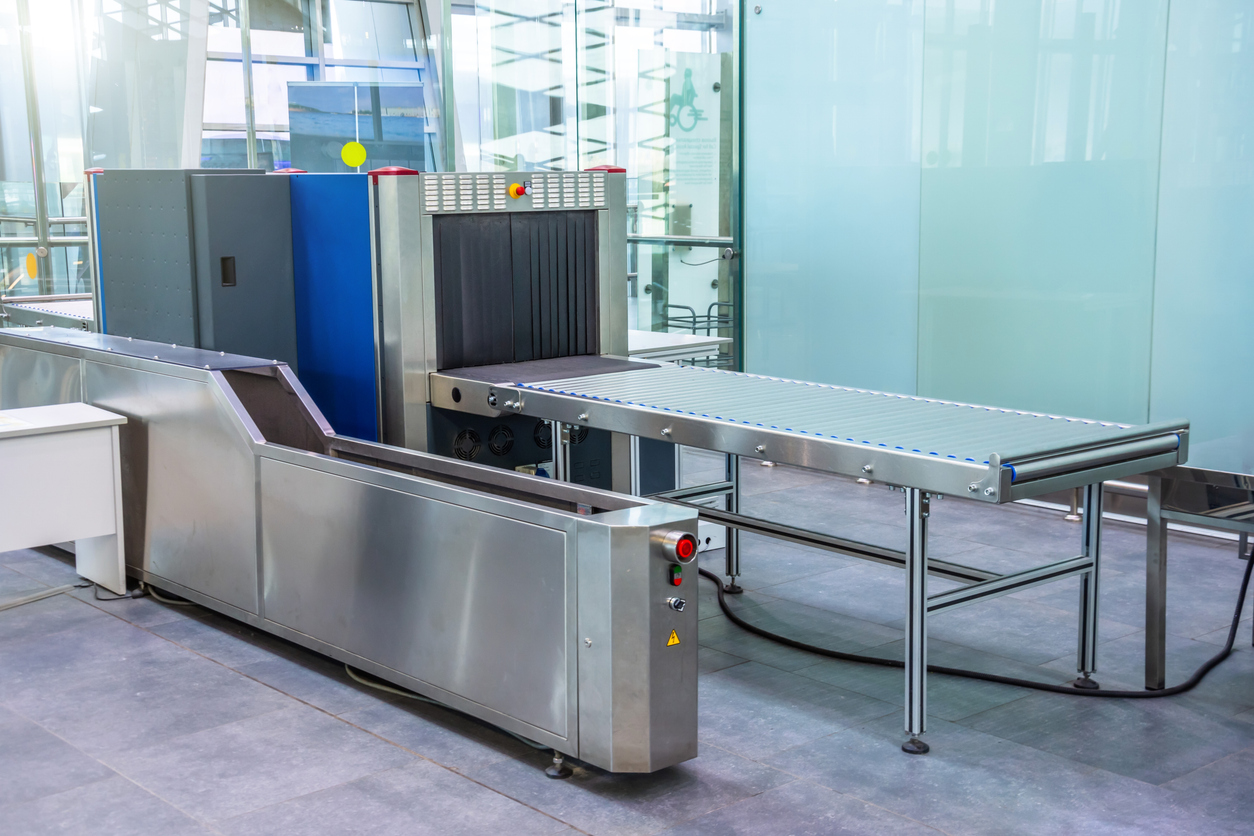Grow Your Own Sugar Cane with Fresh Nigerian Seeds
Growing your own sugar cane is a great way to add some sweetness to your life. With fresh Nigerian seeds, you can begin your own sugar cane journey with ease. These seeds, grown in the tropical climates of Nigeria, are known for their high quality, vigorous growth, and excellent yields. With just a few simple steps, you can have your own sugar cane crop in no time. Planting and harvesting your own sugar cane is a rewarding experience that can provide you with delicious, organic, and nutritious cane syrup. Plus, it’s a great way to learn about the importance of sustainable agriculture in the country of Nigeria. So, why not give it a try? Get growing with Nigerian sugar cane seeds and experience the sweetness of your own homegrown sugar cane.
Grow Your Own Sugar Cane with Fresh Nigerian Seeds
Growing your own sugar cane is a great way to add some sweetness to your life. With fresh Nigerian seeds, you can begin your own sugar cane journey with ease. These seeds, grown in the tropical climates of Nigeria, are known for their high quality, vigorous growth, and excellent yields. With just a few simple steps, you can have your own sugar cane crop in no time. Planting and harvesting your own sugar cane is a rewarding experience that can provide you with delicious, organic, and nutritious cane syrup. Plus, it’s a great way to learn about the importance of sustainable agriculture in the country of Nigeria. So, why not give it a try? Get growing with Nigerian sugar cane seeds and experience the sweetness of your own homegrown sugar cane.
Benefits of Growing Your Own Sugar Cane
Growing your own sugar cane has many benefits. First of all, it’s a way to bring a taste of Nigeria into your home. Sugarcane is a staple crop in Africa and it has been for centuries. Growing your own cane means that you’re getting real, authentic taste straight from the source.
Second, you can be sure that you’re getting organic, healthy sugar cane. When you buy from a store, you don’t always know what kind of pesticides, if any, have been used on the crop. But when you’re growing it yourself, you know exactly what’s in it.
Finally, growing your own sugar cane is a great way to learn about sustainable agriculture. You’ll be able to understand the importance of crop rotation, soil management, and water conservation. Plus, you can use the crop to make delicious treats like sugar cane syrup or juice.
Steps for Planting and Growing Sugar Cane from Nigerian Seeds
When you’re ready to start growing your own sugar cane, the first step is to get your hands on some fresh Nigerian seeds. You can buy them from local markets or online. Once you have your seeds, it’s time to get them in the ground.
First, you’ll need to prepare the soil. You want to make sure that the soil is well-draining and nutrient-rich. To do this, add some compost or organic fertilizer to the area. You should also make sure to rotate your crop every few years to ensure that the soil remains healthy.
Next, you’ll need to plant your seeds. The best way to do this is to create a small mound of soil and plant your seeds about 1 inch deep. Make sure that you leave enough room between each seed so that the shoots have plenty of room to grow.
Once your seeds have been planted, all you need to do is keep the area watered and weeded. If you live in a dry climate, you may need to water your plants more often. You should also remove any weeds that start to pop up to prevent them from taking away nutrients from your sugar cane plants.
Tips for Harvesting and Preserving Sugar Cane
When it comes to harvesting your sugar cane, timing is everything. You want to make sure that you harvest your crop at the right time. Sugarcane is usually ready to be harvested when it’s between 6 and 8 months old. To test if it’s ready, you can try to break off a stalk. If it snaps easily, then it’s ready to be harvested.
Once you’ve harvested your sugar cane, you’ll want to store it properly to make sure it lasts. The best way to do this is to wrap the stalks in damp burlap or paper and store them in a cool, dry place. This will help to keep the sugar cane fresh for up to 6 months.
Understanding the Importance of Sustainable Agriculture in Nigeria
Sustainable agriculture is essential for the health of the environment and the people of Nigeria. This type of agriculture focuses on maintaining the natural balance of the environment and preserving the land for future generations. It also helps to promote local economic growth by creating jobs and providing food security.
In Nigeria, sustainable agriculture is especially important because of the country’s tropical climate. Growing sugar cane is a great way to help preserve the land, as it requires less water and fertilizer than other crops. Plus, it provides an important source of income for many farmers in the country.
Where to Buy Nigerian Sugar Cane Seeds
When you’re ready to start growing your own sugar cane, the first step is to get your hands on some fresh Nigerian seeds. You can buy them from local markets or online. Many seed companies also offer a variety of Nigerian sugar cane seeds that you can order directly from them.
If you want to get your hands on some traditional Nigerian sugar cane varieties, you can also find them in local nurseries or even at farmers markets. However, you’ll want to make sure that you buy your seeds from a reputable source. This will help to ensure that you’re getting high-quality seeds that are free from any pests or diseases.
Common Varieties of Nigerian Sugar Cane
When it comes to sugar cane varieties, there are many different types that are native to Nigeria. Some of the most popular varieties include the white sugar cane, the red sugar cane, and the black sugar cane. Each of these varieties has its own unique flavor and texture, so it’s worth trying them out to see which one you prefer.
Other popular Nigerian sugar cane varieties include the yellow sugar cane, the wild sugar cane, and the dwarf sugar cane. Each of these varieties has its own unique characteristics, so you’ll want to do some research to find out which one is best suited for your needs.
Recipes for Using Sugar Cane Syrup
Once you’ve harvested your sugar cane, you’ll want to make the most of it. One of the best ways to do this is to turn it into delicious cane syrup. This syrup can be used in countless recipes and is a great way to add a little sweetness to your life.
To make cane syrup, you’ll need to press the sugar cane stalks to extract the juice. This juice can then be boiled down to a thick syrup. This syrup can be used in a variety of recipes including cakes, ice cream, and candies. It can also be added to drinks like smoothies or cocktails for a unique flavor.
Common Pests and Diseases of Nigerian Sugar Cane
Growing sugar cane in Nigeria can be a rewarding experience, but it can also be challenging. One of the main challenges is dealing with pests and diseases. There are a few common pests and diseases that you should be aware of when growing sugar cane in Nigeria. These include aphids, mealybugs, and red rot, as well as fungal diseases like leaf spot and pink rot.
To prevent these pests and diseases, you’ll need to practice good crop rotation and soil management. This will help to ensure that your crops get the nutrients they need, while also reducing the risk of disease. You should also inspect your plants regularly for any signs of pests or diseases and take action if you find any.
Conclusion
Growing your own sugar cane with fresh Nigerian seeds can be a great way to add some sweetness to your life. With just a few simple steps, you can have your own sugar cane crop in no time. Plus, it’s a great way to learn about the importance of sustainable agriculture in Nigeria. So, why not give it a try? Get growing with Nigerian sugar cane seeds and experience the sweetness of your own homegrown sugar cane.








LEAVE A COMMENT
You must be logged in to post a comment.